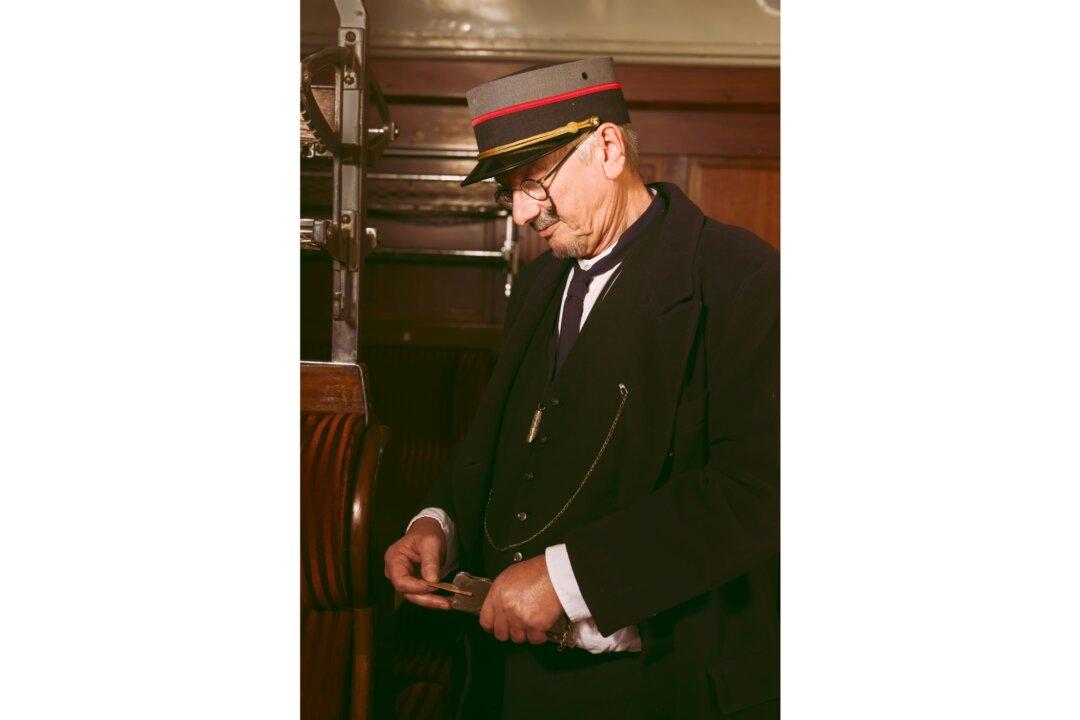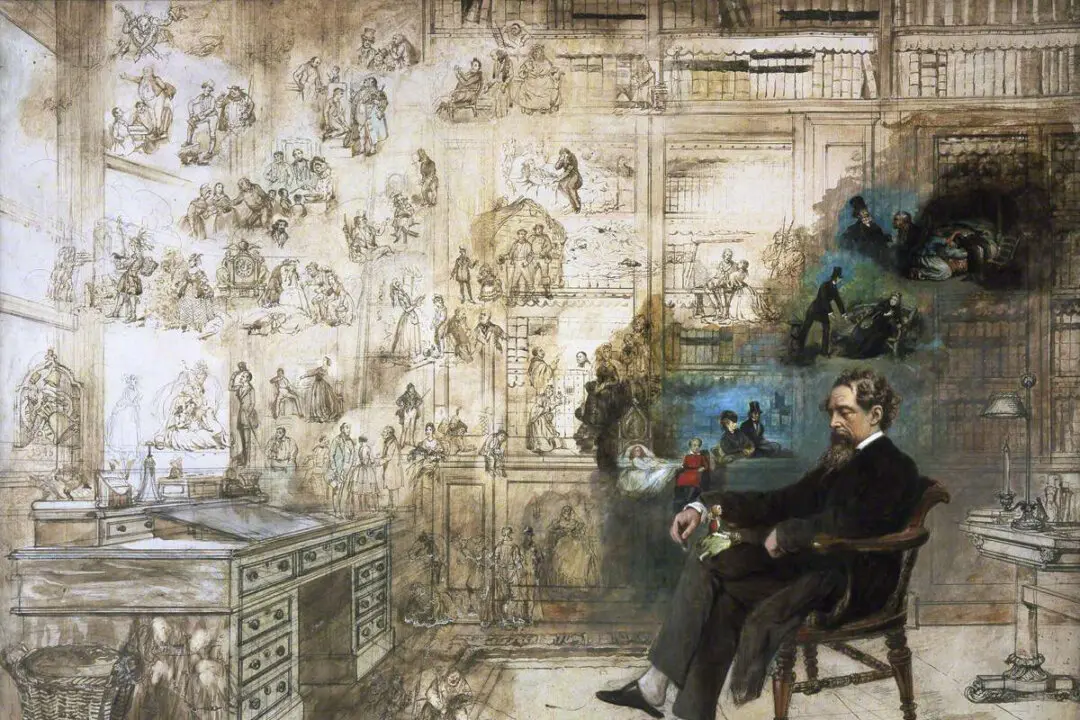“Conductor, when you receive a fare, Punch in the presence of the passenjare! A blue trip slip for an eight-cent fare, A buff trip slip for a six-cent fare, A pink trip slip for a three-cent fare, Punch in the presence of the passenjare! CHORUS Punch, brothers! punch with care! Punch in the presence of the passenjare!”
Read these lines that Mark Twain shares in his short story “A Literary Nightmare.” Such a head-bobbing jingle, Twain confesses, possesses an incredible power to stay in one’s head. Through this jingle, he tells a story that will make you laugh yourself silly and want to both memorize and avoid the jingle at the same time. Twain demonstrates the fun to be had in daily life, even through a simple jingle.Twain comes across this wonderful jingle in a newspaper one day, and it immediately “takes instant and entire possession of [him].” The lines fill his brain and beat a constant rhythm so that when he finishes breakfast, he cannot remember whether he had eaten anything at all.






